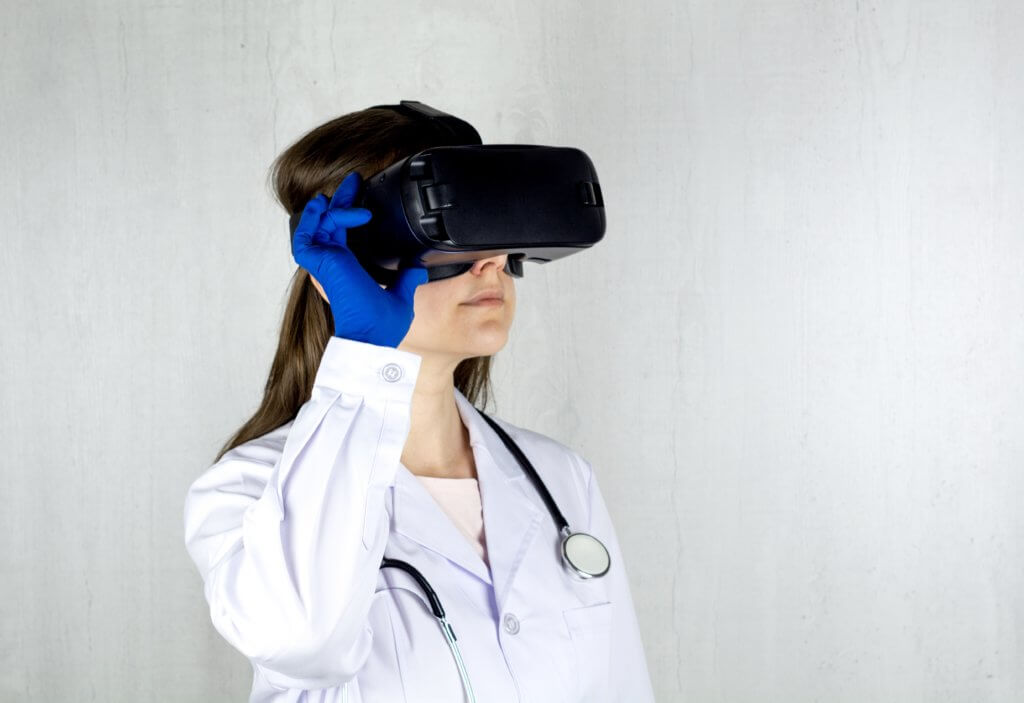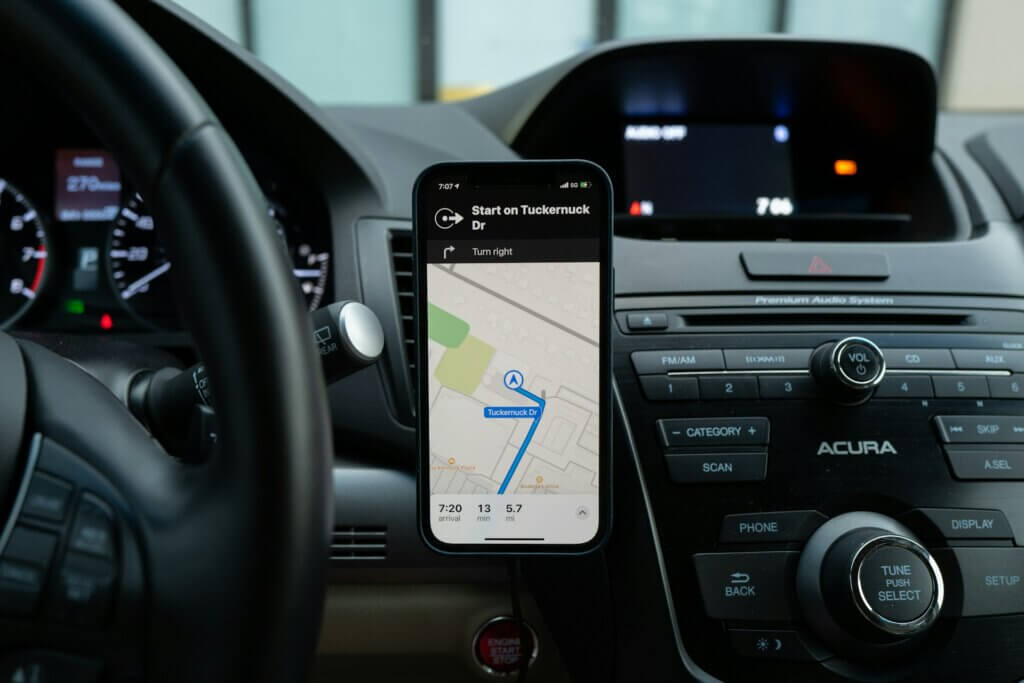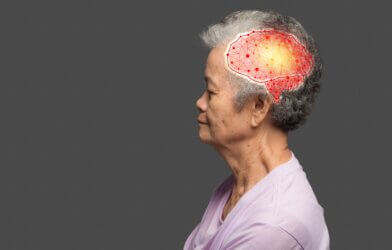Getting lost in familiar places or forgetting well-worn routes can signal normal aging — or nascent Alzheimer’s disease. Now, researchers from University College London (UCL) are leveraging virtual environments to detect early navigation problems that may precede memory loss. Their findings reveal spatial disorientation could presage dementia by years or even decades.
The study enlisted 100 middle-aged adults considered at risk for Alzheimer’s, whether from genetic factors like the APOE-e4 gene or low physical activity levels. While still 25 years shy of their projected onset ages, these participants entered a realistic simulated world via virtual reality headsets. They were then timed and scored on how quickly and accurately they moved through the digital space.
Remarkably, those deemed at higher risk struggled with directions and waypoint recall compared to their peers. Yet when given traditional pen-and-paper memory tests, both groups performed similarly well. This points to navigation troubles arising long before broader cognitive symptoms emerge.
“Our results indicated that this type of navigation behavior change might represent the very earliest diagnostic signal in the Alzheimer’s disease continuum,” says lead author Dr. Coco Newton, formerly of UCL’s Institute of Cognitive Neuroscience, in a statement.

Pinpointing Initial Onset
Catching Alzheimer’s early makes a monumental difference, as existing medications work best before irreparable neuron damage. But subtle onset signs are easily missed on routine mental exams and self-assessments. Tests requiring active focus also fail to reveal changes visible during natural, passive behavior.
Virtual reality sidesteps these issues through immersive, perceptually convincing simulation. And unlike paper mazes limited to two dimensions, software can generate interactive 3D spaces matching real-world complexity. This lifelike navigation challenge exposes early coordination and memory glitches well before obvious disability sets in.
“We are now taking these findings forward to develop a diagnostic clinical decision support tool for the NHS in the coming years,” Newton explains, referring to the UK’s National Health Service.

Gender Differences
Intriguingly, the researchers uncovered a notable gender divide in virtual navigation aptitude. Impaired performance only presented in at-risk males, while females showed little decline regardless of assessed Alzheimer’s likelihood.
Study authors speculate this may reflect differing vulnerability levels between sexes. It emphasizes the value of gender-specific diagnostics to pinpoint which groups exhibit the earliest manifestations.
Using Virtual Reality To Navigate Alzheimer’s Detection
Professor Dennis Chan, who led the study, believes spatial testing in virtual worlds uniquely bridges lab science with clinical medicine. “The VR navigation test is based on our knowledge of the spatial properties of cells in the brain’s temporal lobe,” he explains. “The application of cellular neuroscience to clinical populations helps close the gap in understanding how disease at the neuronal level can result in the clinical manifestation of disease.”
In other words, observing VR performance deficits stemming from underlying neuron damage directly showcases how Alzheimer’s impacts real-world functioning. This demonstration from the cellular up is rarely possible in human subjects.
Future research can clarify predictive relationships between virtual disorientation, emerging neuron death, and eventual disability progression. Those insights may prove invaluable for staging and timing therapeutic interventions.
Equipping doctors with tools to detect Alzheimer’s years before memory loss grants critical time to alter its course. And augmenting clinical evaluations with perceptually realistic VR simulations provides a powerful lens into the nexus of brain cell dysfunction and daily impairment. Losing one’s bearings in a virtual grocery store or park may thus signal losing oneself to dementia long before its outward signs appear.
The study is published in the journal Alzheimer’s & Dementia.












